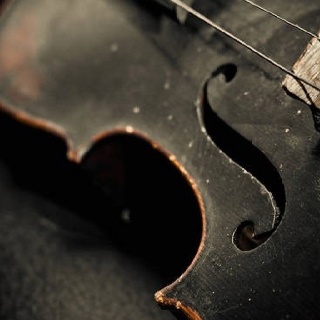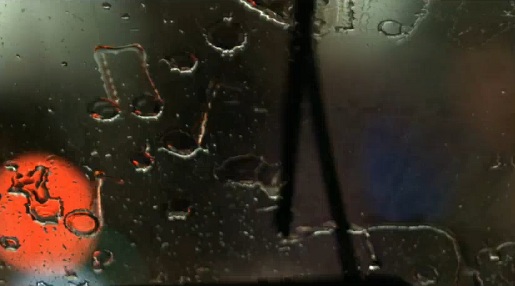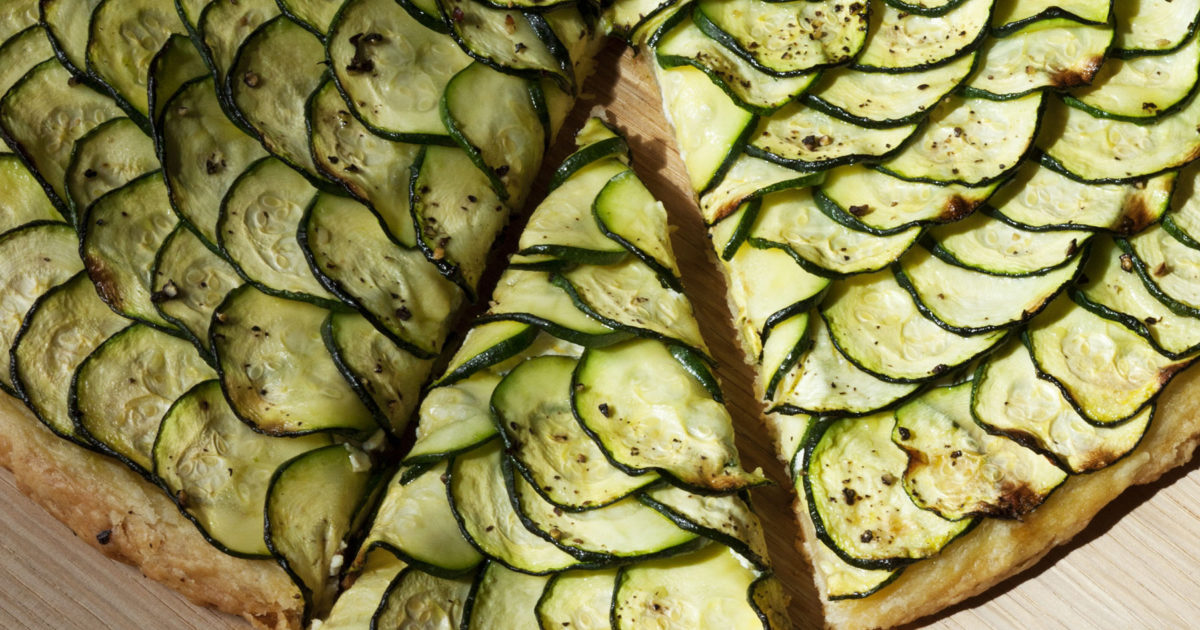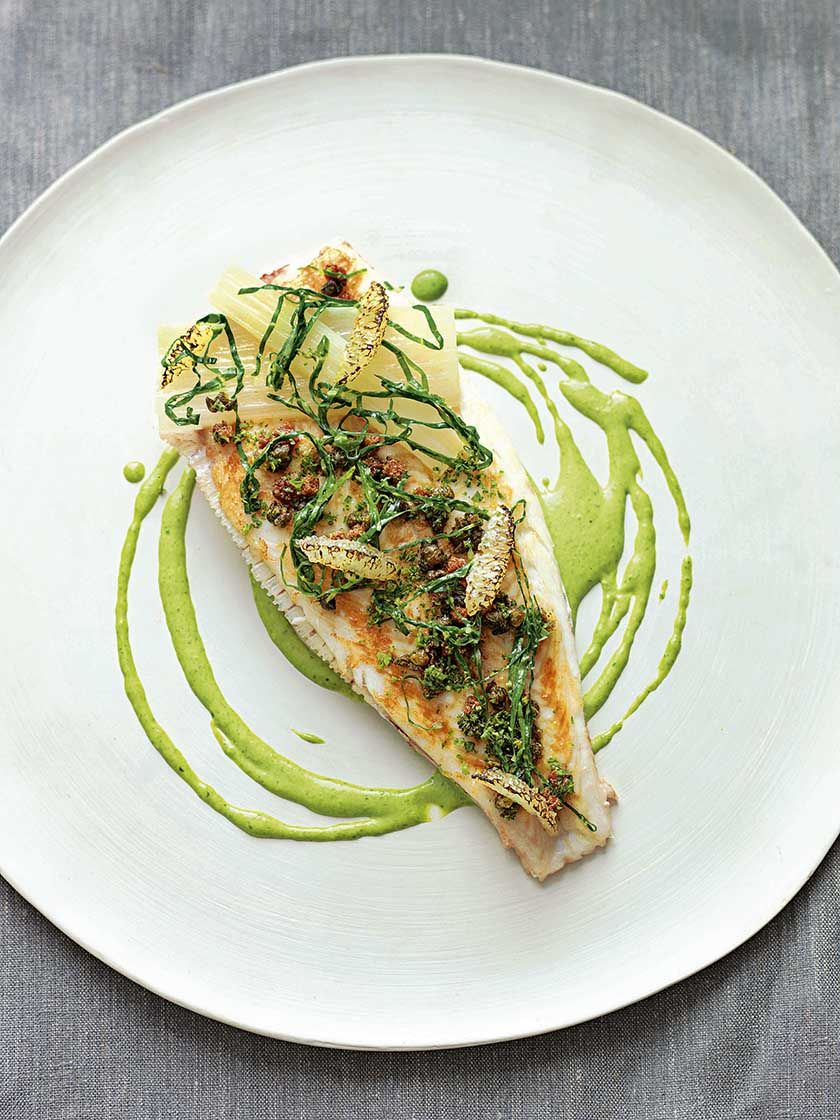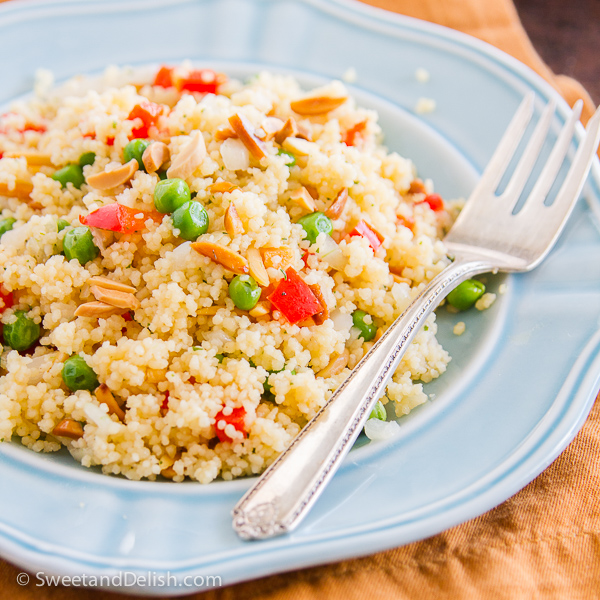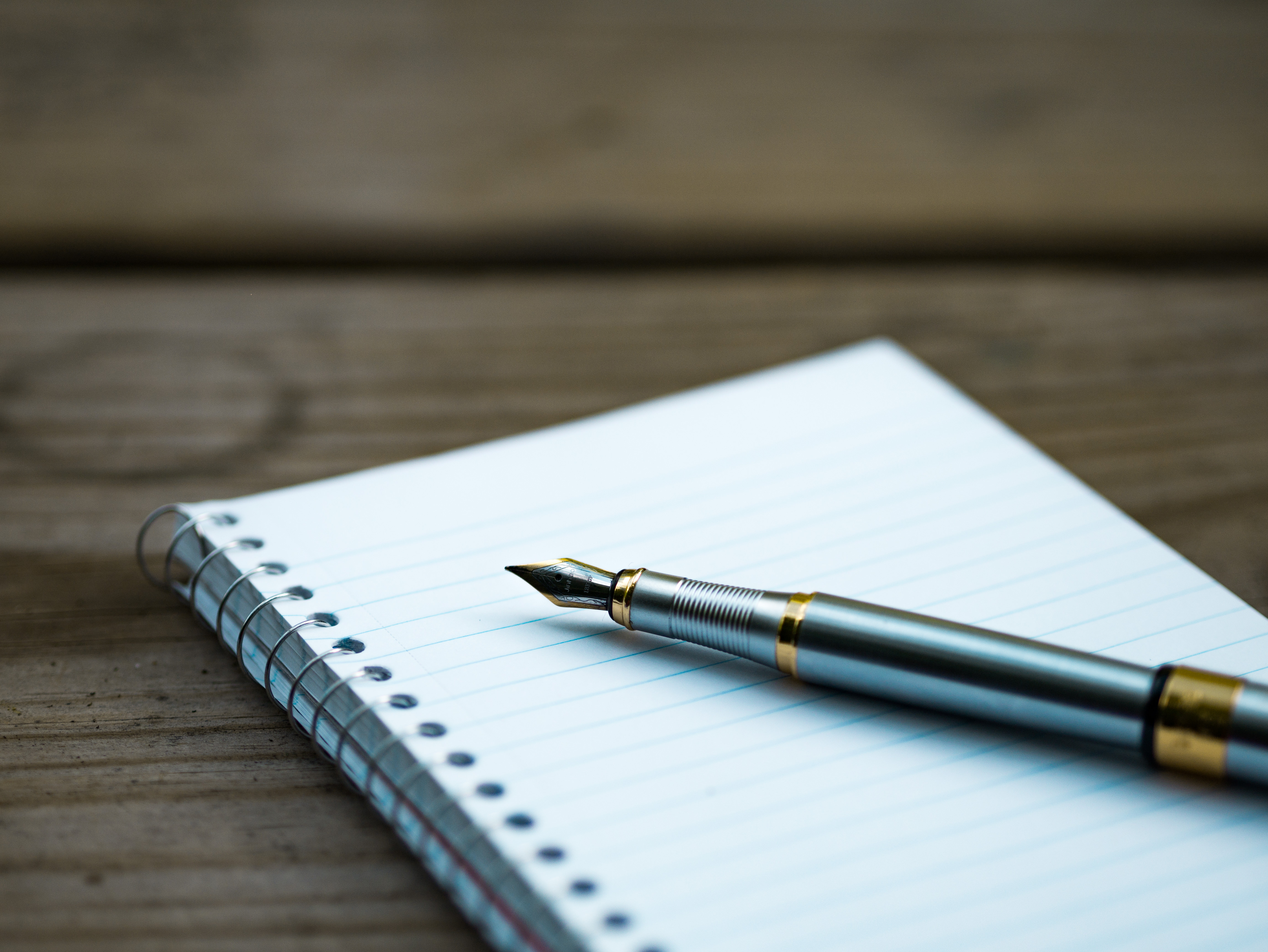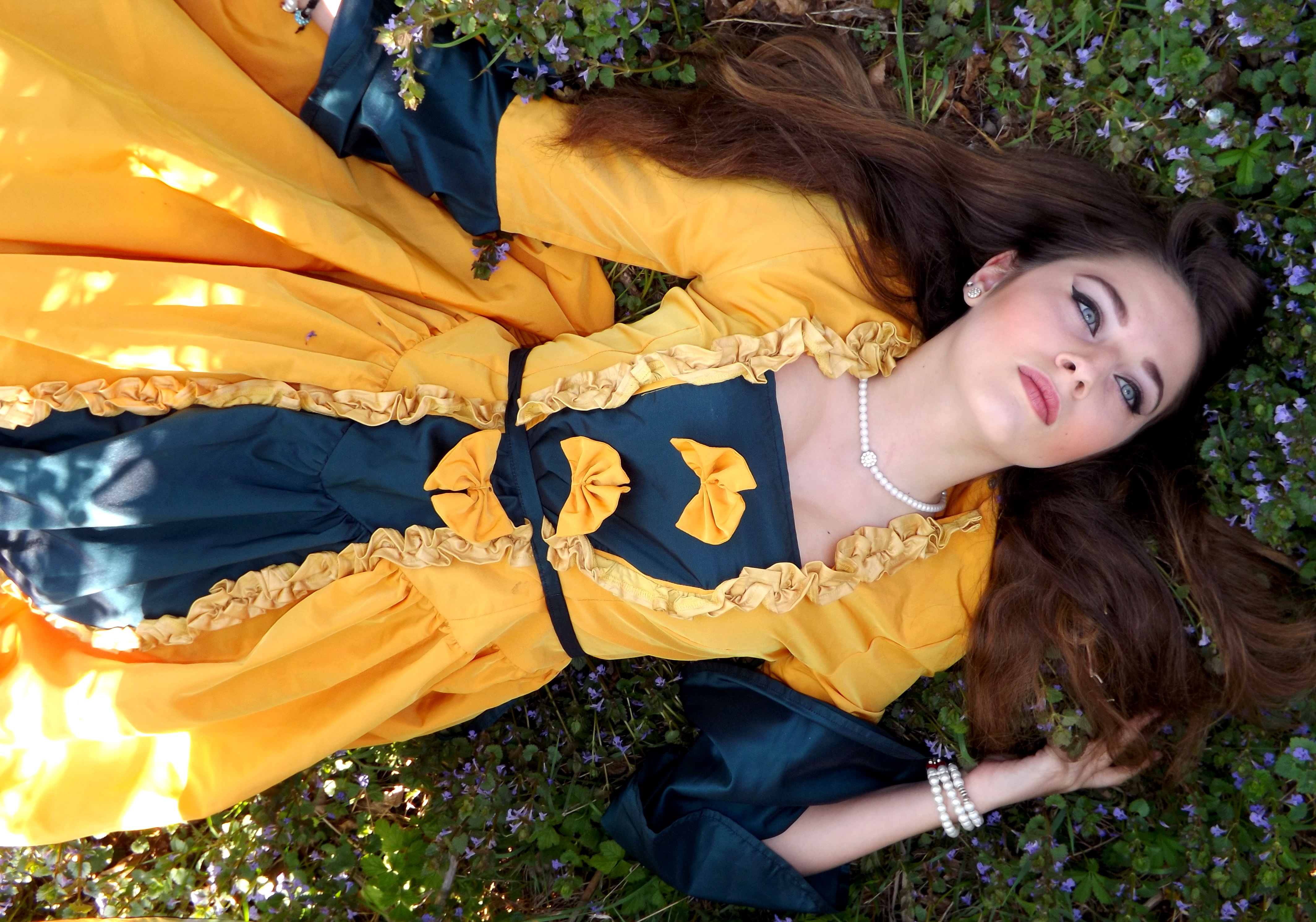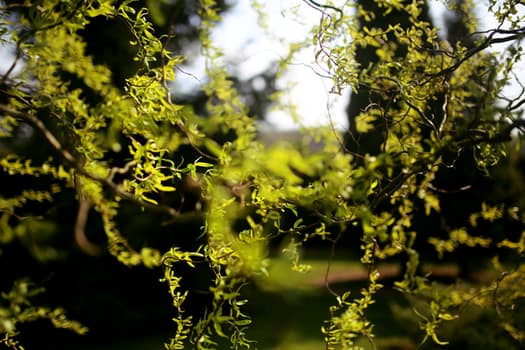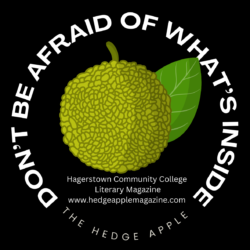November 14th, 2015 was the first instance I can remember feeling beautiful. Draped in a dark blue gown, the bodice sparkling slightly like faint stars just before dawn, I looked in the mirror and realized: I am pretty. It hit me hard, almost scaring away the thought. It almost made me default to my previous mindset that because I am fat, I’m not allowed to be pretty, and that foreign feeling consumed me for the rest of the evening. For the first time in my life I was undeniably beautiful.
It all started at the age of 6. I had chubby cheeks and more of a tummy than the other kids. We were playing pretend on the playground one afternoon and there had to be a monster to hide from, so the other kids appointed me. When young me protested, I was met with a chorus of laughs. One of my “friends” turned to me and said, “But you look like one!” I asked why they said that and the reply was simple, “Because you’re fat and we’re not, so you’re the monster!” With that, they ran off squealing and giggling like the children we were. Perhaps the intent was innocent, only thinking of wanting to play the game, but I cried anyway. From that day on, the adults on the playground pitied me and would often keep me company as I watched my peers pound upon the asphalt parking lot that served as whatever your imagination made it.
“Kids are mean”
“They’re just jealous, sweetie”
“Well you know what they say, sticks and stones…”
The private Catholic school soon became my personal hell. The teachers, the priests, my parents all preached about a God that loved you. A God that wanted you to be happy. A God that no matter what would watch over you. If all of this was true, one question in my mind remained: Why would God do this to me? Make me like this? Make the people around me so cruel? And while, at the time, I was still wholly devoted to the Church, I grew distant from the idea of “God’s everlasting love.”
By the time I was nine, I was invited to all the parties through the year, and was promptly ignored at every single one. This was also the age of every diet I could get my chubby little fingers on. Protein diets, Smart Ones, not eating at all, and countless Weight Watchers meetings later and my hatred for myself and the people surrounding me only grew deeper.
In third grade, my worst nightmare became a reality: The Presidential Fitness challenge. Push-ups, sit-ups, crunches, pull-ups, sprints, and the dreaded mile run. When the pull-ups challenge came, I tried to hide because we had to go up one by one in front of everyone. The harsh yellow of my shirt, combined with my big stomach, did not lend itself to my cowering.
Soon, I was pushed forward onto the chair and told to hold onto the bar above my head. The chair was dragged from under my feet, my knuckles turning white and I willed myself to tug upward; the next instant my fingers could no longer clasp the cold metal and I fell. My face growing red, tears forming in my eyes as I landed less than gracefully on the dirty gym floor. Not waiting for the teacher to say anything, I ran away, back to my corner. Back to being invisible.
The horror continued when a girl, far more athletic than I, looked at me laughing and said “You’re such a cow.” The rage in my little nine-year-old heart led me to do the unspeakable. I hit her, shoved her against a wall. Hot tears streamed down my cheeks as I was pulled away from her. The girl was ultimately unharmed, and we were both reprimanded with no recess and extra prayer.
I started feeling as if God had truly abandoned me. I prayed and pleaded with Him to make my suffering stop, or at least to give me some guidance to get through it. I continued this for years on end, and rarely did I get a response. I grew distant from the Church as well as my peers.
I was learning quickly that to be fat is to be ugly. To be fat is to be untouchable, unlovable. To be fat is to walk through life a paradox; sticking out like a sore thumb and being completely invisible all at once. We are told that fat is a word filled with venom and hate. “Fat” is one of the many words whispered in the chaos of self-loathing, yet it is screamed to me on the streets. To be fat is to be shamed into only eating in hiding. It is to try and will the pudge off your body. It is to be ashamed of the food you eat, the things you wear, the way you walk and talk. To be fat is to be ashamed to exist.
The years following were about the same. The same self-loathing. The same jeers of disdain from my classmates. Their hatred for the way I looked influenced the way I looked at them, and more so the way I looked at myself. Through the next years, I only ever caught glimpses of happiness, like the time when we ran the mile and I was the last one running, and everyone ran with me to cheer me on until I finished. Or when I was on stage singing and no one could deny that I was talented. Or even when I was taken in by the older kids in my sixth grade year when they saw how estranged I was from my peers.
The next year, with my older friends gone to the high school, my depression only worsened when I found myself, once again, completely alone. I didn’t want to be. I had yet to accept that sometimes being alone because you’re different is okay. I was a square peg being shoved in a circle hole, and the harder I tried to shove myself into it, the more it chipped away at who I was. I came home every night and cried, sometimes for hours. It was the year of true hatred. It was the year of losing weight for all the wrong reasons, and in all the wrong ways. It was the year of promising everyone “I’m fine.” It was the year of too many tears. And it was the year my parents decided that I wouldn’t be returning to the private Catholic school.
Eighth grade was my first year in a public school. It was the first year of healing. The first year of making friends. The first year of figuring out that I really was talented. It was the first year someone told me they loved the way I looked, and meant it. It was the first year of eating when I was hungry, and having no shame about it. It was the first year of finding “my people.” It was the first year the I had fun in a gym class. It was the year I got into Barbara Ingram School for the Arts. It was the first year I felt even a shred of self-worth.
November 14th, 2015 was the first instance I can remember feeling truly beautiful. Draped in a dark blue gown, the bodice sparkling slightly like the faint stars just before dawn, I realized: I am pretty. It hit me hard, almost scaring away the thought. Almost defaulting to the previous mindset that because I am fat, I’m not allowed to be pretty. Looking in the mirror, I decided that I would no longer be a walking paradox. I would no longer be defined by a number on the scale, or the names people called me. I am Beth, and that is enough. I am happy. I am fat. I am undeniably beautiful.

